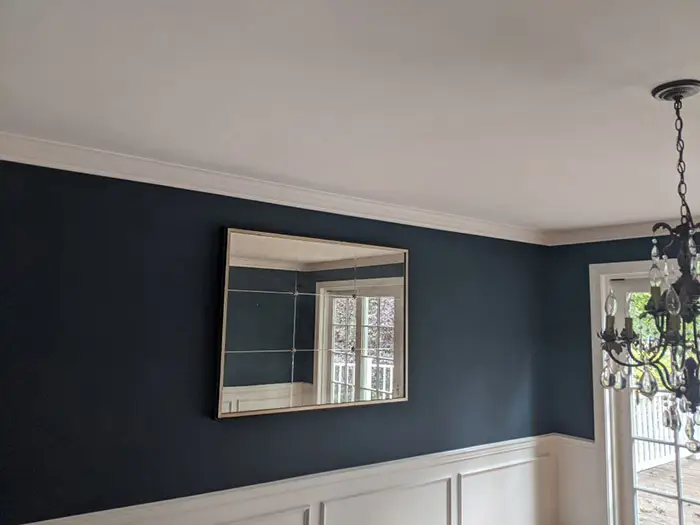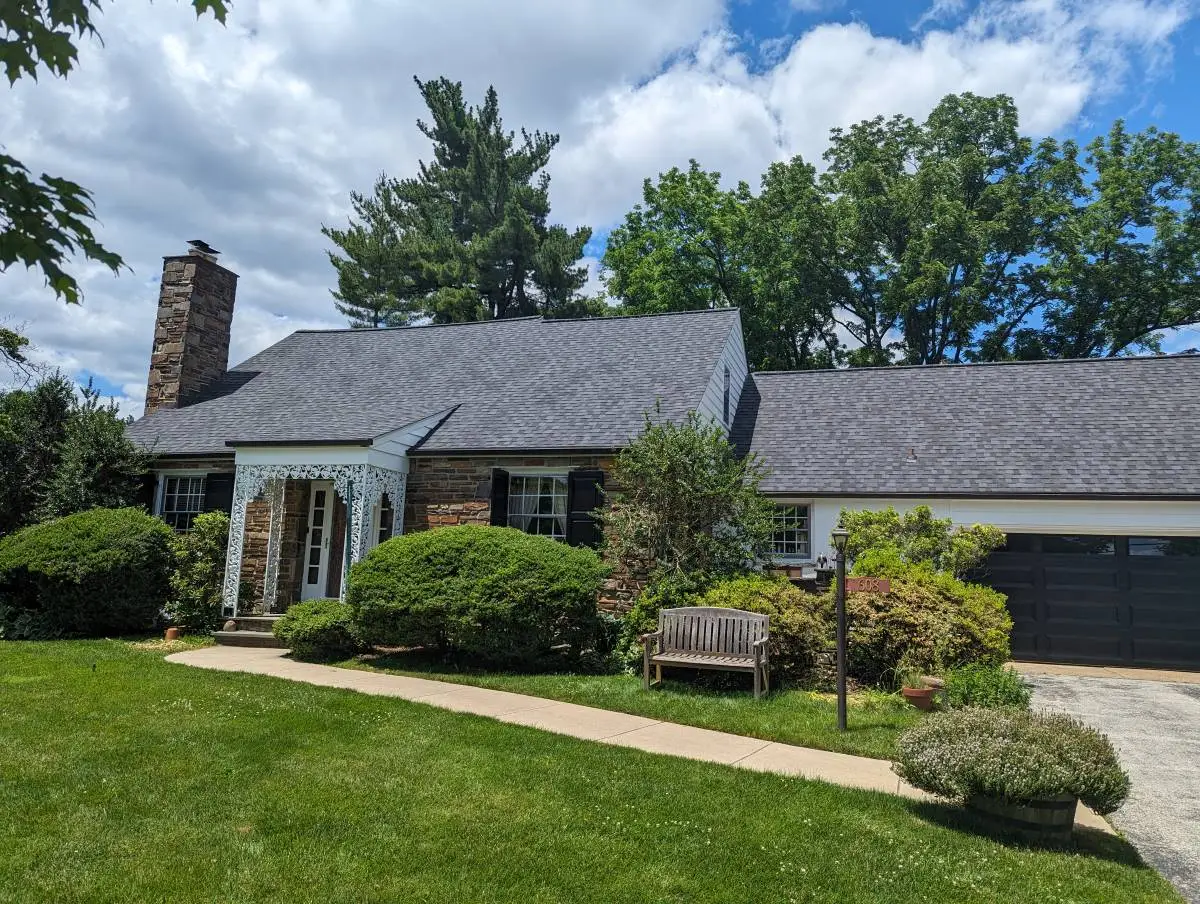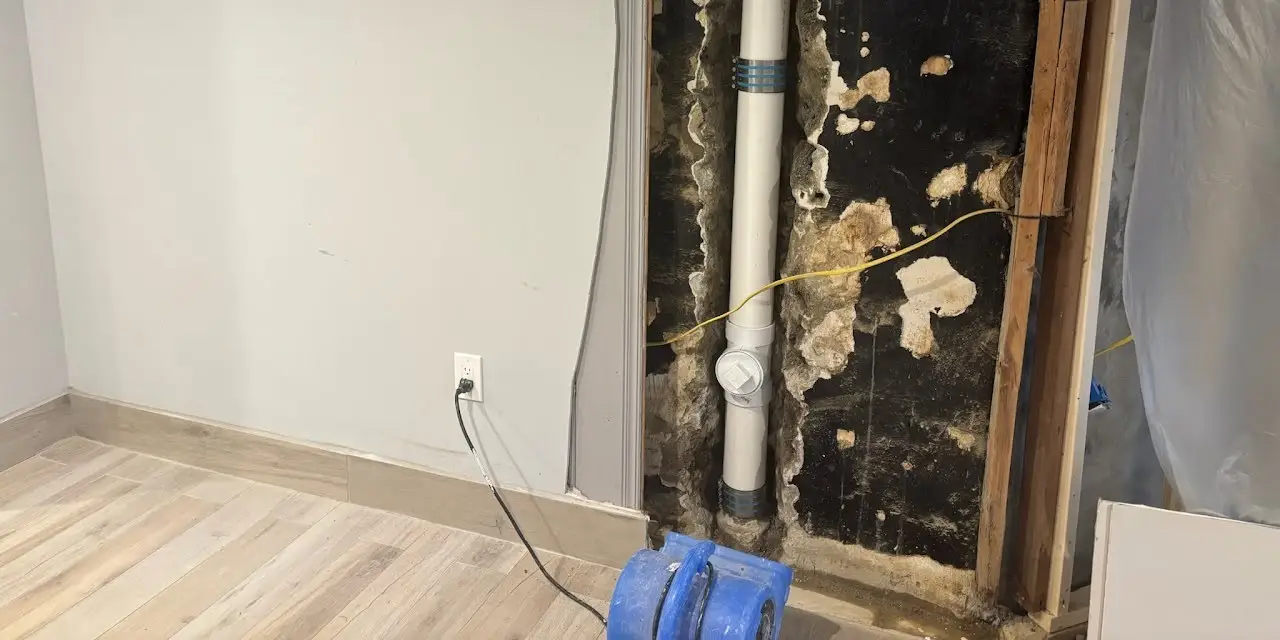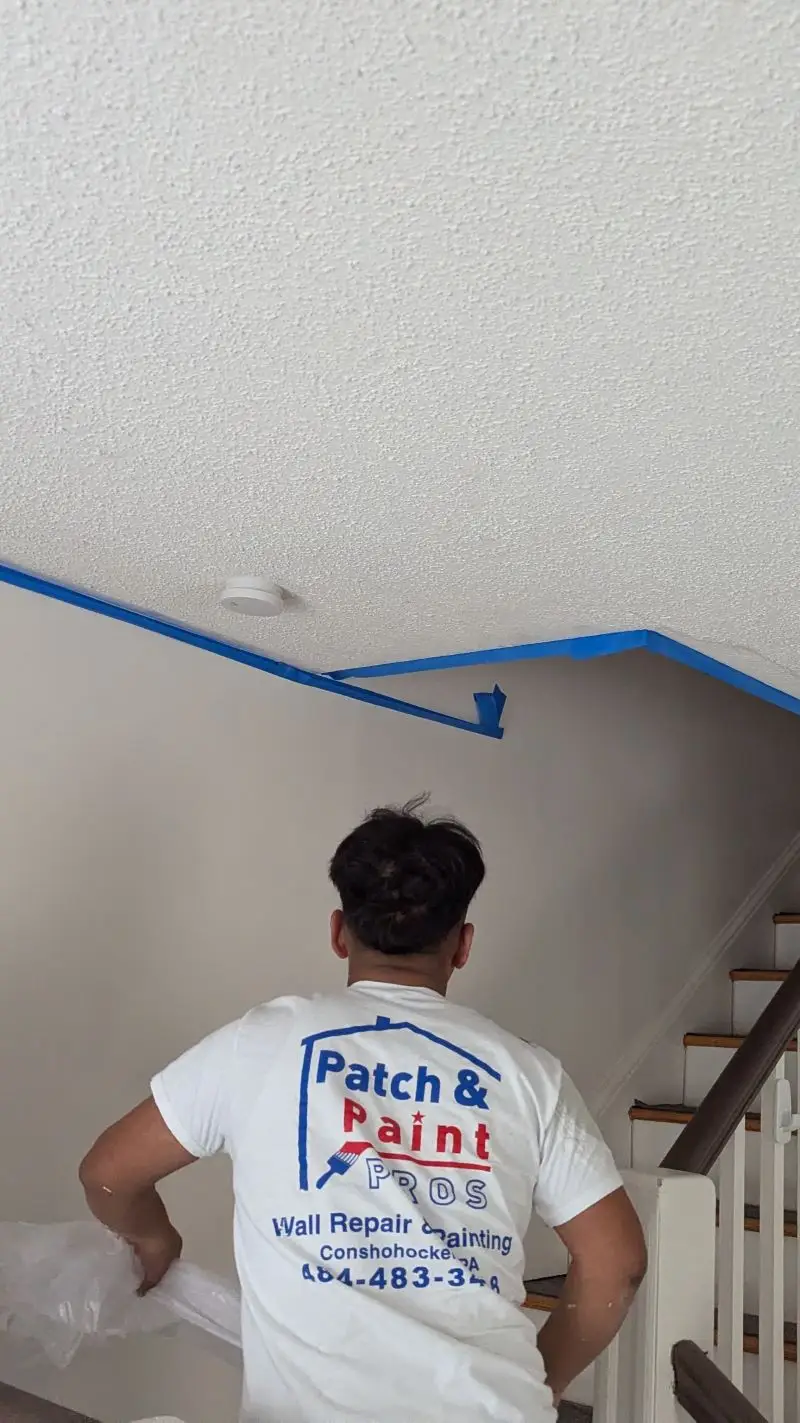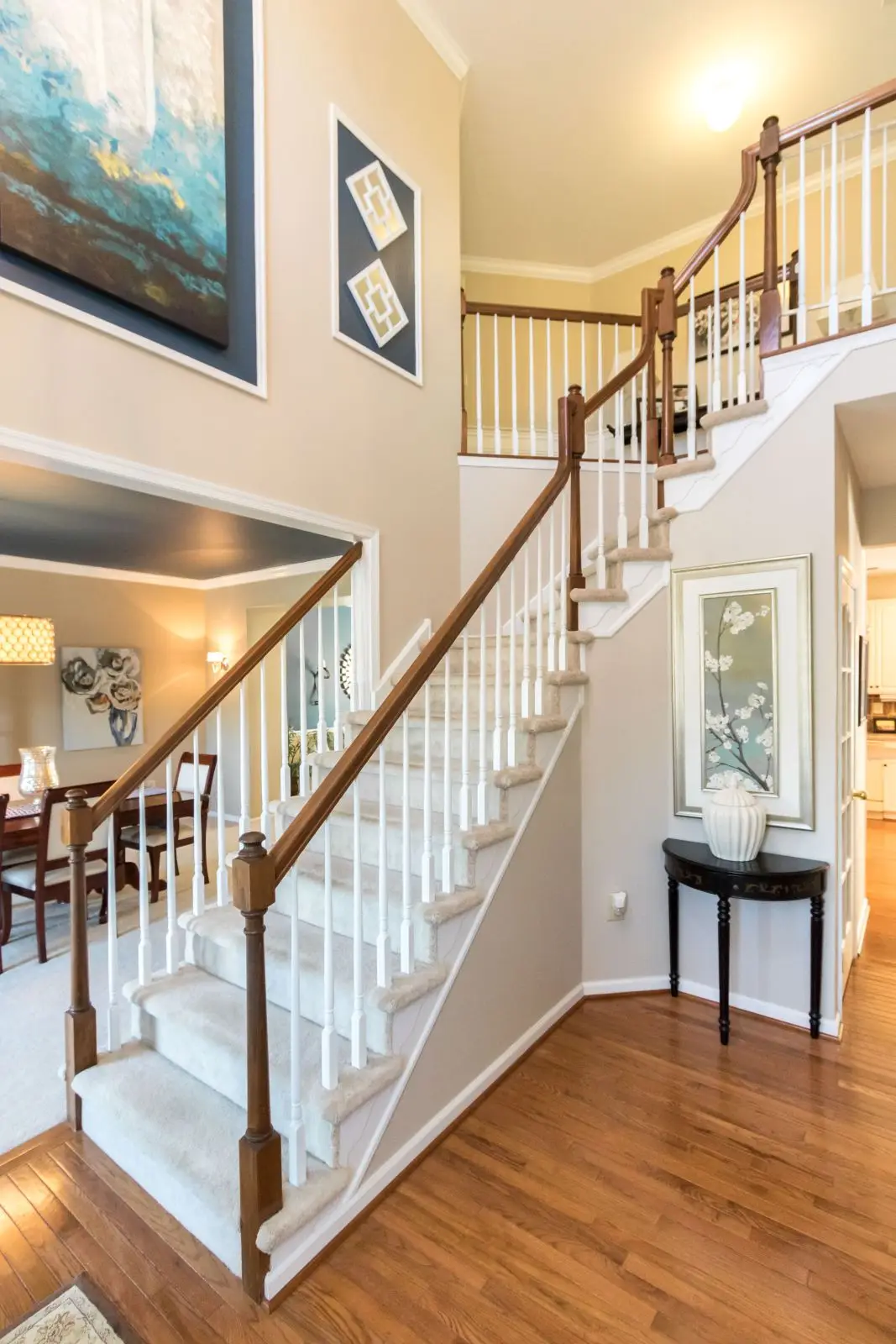Basement water damage is an all-too-common problem that can cause homeowners a lot of stress and expense. It’s important to be aware of the various causes of this issue, so you can take steps to prevent it from happening in your own home.
In this article, we’ll discuss some of the top culprits behind basement water damage, as well as what you can do to protect yourself against them. Read on for more information about how to keep your basement dry and safe!
Improper Grading
Improper grading is one of the most common causes of basement water damage. It happens when rainwater pools around a home’s foundation, providing an easy entrance point for moisture and groundwater to seep through into the basement.
To avoid this issue, homeowners should make sure that their yard slopes away from the house by at least six inches over ten feet, with no low spots where water could accumulate near the walls. This can be done by adding soil or mulch along any sloping grades in order to ensure proper drainage.
In addition, installing gutters on the roof helps divert runoff downspouts further away from your home’s foundation. Downspouts must also be directed towards areas where they won’t cause pooling or flooding; if necessary, install extensions so that water flows away from your house rather than collecting against it.
With these tips in mind, you’ll have taken important steps toward preventing a wet basement due to improper grading – making room instead for dry days ahead. As such, let’s move on now to discuss another major source of basement water damage: cracks and leaks.
Cracks And Leaks
Excessive rain can cause basement floods if your home’s drainage system is inadequate. Even if your basement is equipped with a sump pump, heavy rain can overwhelm it and cause damage to your basement walls and floor.
To protect against basement floods, it’s important to ensure that your home’s drainage system is functioning correctly. This includes checking that your gutters and downspouts are free from debris and directing water away from your foundation. Additionally, installing a floor drain or French drain can help channel excess water away from your basement floor.
Regularly checking and maintaining your sump pump is also crucial in preventing basement floods. If you notice any issues, such as strange noises or a weak water flow, call a professional for help as soon as possible.
By taking proactive measures to protect against excess water, you can save yourself the headache and expense of dealing with water damage in the future.
Poor Drainage
Poor drainage can be one of the major causes of basement water damage. Without proper draining, water can pool in and around your home’s foundation, leading to flooding or seepage into the basement. To prevent this from happening, it is important to check that all gutters and downspouts are clear from debris and functioning properly so they can direct water away from the house. Additionally, you should make sure there are no low spots near the foundation where water could potentially collect.
The plumbing system connected to your home also plays an important role in preventing basement water damage. If pipes become clogged with dirt or other foreign objects, it can cause a back-up of wastewater which may end up backing up into your basement if left unchecked.
It’s important to regularly inspect all visible piping for any signs of corrosion or blockages which could lead to leaks over time. Taking these steps will help ensure that your plumbing system is running smoothly and won’t contribute to any unexpected flooding in the future.
With these considerations taken care of, we can now turn our attention toward potential issues with the plumbing itself.
Plumbing Issues
Furthermore, homeowners living in flood-prone areas should consider investing in a sump pit and sump pump system. A sump pit collects excess water and pumps it away from the foundation wall to prevent flooding during heavy rainfall.
In some cases, sewer backups from the sanitary sewer can cause significant damage to your home’s plumbing system and foundation walls. To prevent this, consider installing backflow prevention devices or a sewer check valve, which can help to prevent sewage from backing up into your home.
By taking these steps, you can significantly reduce the risk of basement water damage caused by poor drainage, plumbing leaks, and sewer backups. Don’t wait until it’s too late to protect your home!
High Humidity Levels
Water damage to basements can often be attributed to high humidity levels. Such conditions encourage mold growth and can cause structural damage like rotting wood beams and crumbling drywall.
To mitigate these issues, it’s crucial to take measures that decrease humidity in the air. Using dehumidifiers is an effective way to keep humidity levels low. Additionally, it’s important to repair any water leaks or foundation cracks in the basement walls promptly, as they can introduce additional moisture into the area.
Lastly, it’s recommended to regularly check for any spills or standing water in the basement and address them immediately. In case of a sump pump failure, consider investing in a backup sump pump or a generator to ensure the pump continues to operate in the event of a power outage. By taking these preventative steps, you can avoid costly repairs and maintain a healthy and safe environment in your basement.
Final Thoughts
Preventing water damage in the basement is crucial to protect our homes and investments. It’s a common source of costly repairs, and it can be devastating. To avoid such a situation, it’s essential to take preventive measures such as addressing foundation cracks or leaks immediately, installing good drainage systems, and controlling humidity levels.
Moreover, it’s important to understand the risk of flooding in your area and check with your insurance company to ensure you have adequate coverage. With proper grading and regular maintenance of plumbing fixtures, you can significantly reduce the risk of basement water damage.
By taking these precautions, you can rest easy knowing that your home’s foundation is sound, and you will have a dry basement for years to come.

